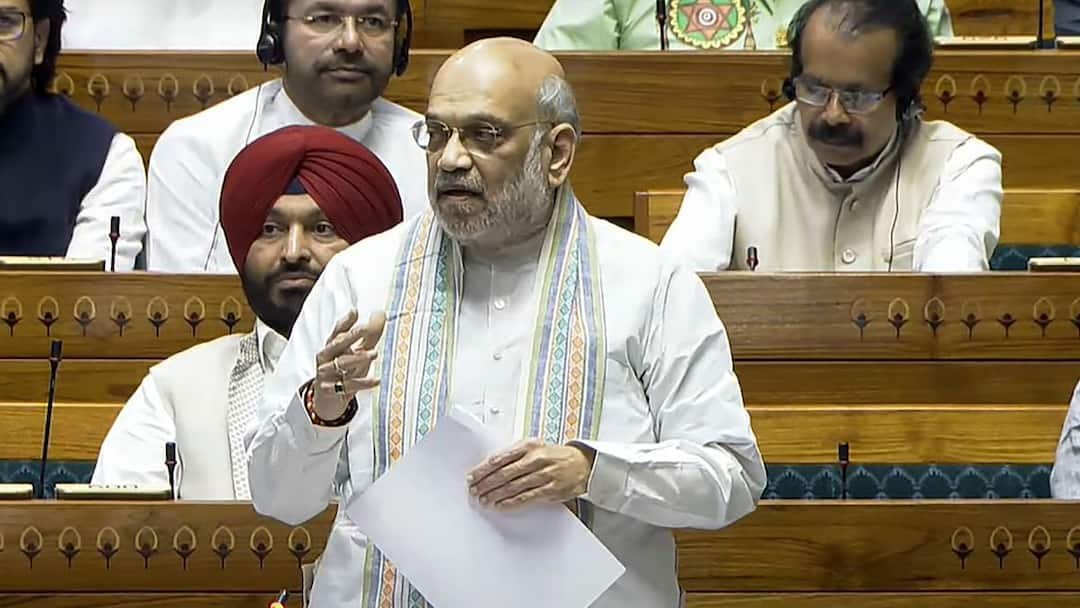The Union government is set to bring three major bills in Parliament on Wednesday that will provide a legal framework for the removal of a Prime Minister, Union minister, Chief Minister or a minister of a Union Territory if they are arrested or detained on serious criminal charges.
The bills lined up for introduction are the Government of Union Territories (Amendment) Bill, 2025, the Constitution (One Hundred and Thirtieth Amendment) Bill, 2025, and the Jammu and Kashmir Reorganisation (Amendment) Bill, 2025, news agency PTI reported.
Union Home Minister Amit Shah will also move a motion in the Lok Sabha seeking to refer the three bills to a joint committee of Parliament for further consideration.
Government of Union Territories Amendment Bill
The Government of Union Territories (Amendment) Bill, 2025 proposes changes to Section 45 of the Government of Union Territories Act, 1963. As per its statement of objects and reasons, the law currently does not provide for the removal of a Chief Minister or a minister who has been arrested and detained on account of grave criminal charges.
The amendment aims to close this gap by creating a legal framework for their removal in such situations.
Constitutional Amendment Bill
The Constitution (One Hundred and Thirtieth Amendment) Bill, 2025 notes the absence of provisions in the Constitution for handling cases where a minister is arrested or detained over serious criminal charges.
To address this, it proposes amendments to Articles 75, 164 and 239AA, thereby enabling the removal of the Prime Minister or a Union minister, along with Chief Ministers and ministers of states and the National Capital Territory of Delhi, if they face such charges.
Jammu and Kashmir Reorganisation Amendment Bill
The Jammu and Kashmir Reorganisation (Amendment) Bill, 2025 has been drafted with a similar objective. Its statement of objects highlights that the Jammu and Kashmir Reorganisation Act, 2019 lacks provisions to remove a Chief Minister or minister of Jammu and Kashmir if they are arrested and detained on serious criminal charges.
The amendment seeks to update Section 54 of the 2019 Act to establish the required legal mechanism.
More details about the major bills are awaited. Notably, last year, a major controversy ensued when former Delhi Chief Minister Arvind Kejriwal had refused to resign even as he was incarcerated due to multiple ED and CBI cases into the Delhi liquor policy. Then BJP, including top leaders like Amit Shah, had slammed Kejriwal for his refusal to quit despite being in jail, labelling it as “shamelessness”.



